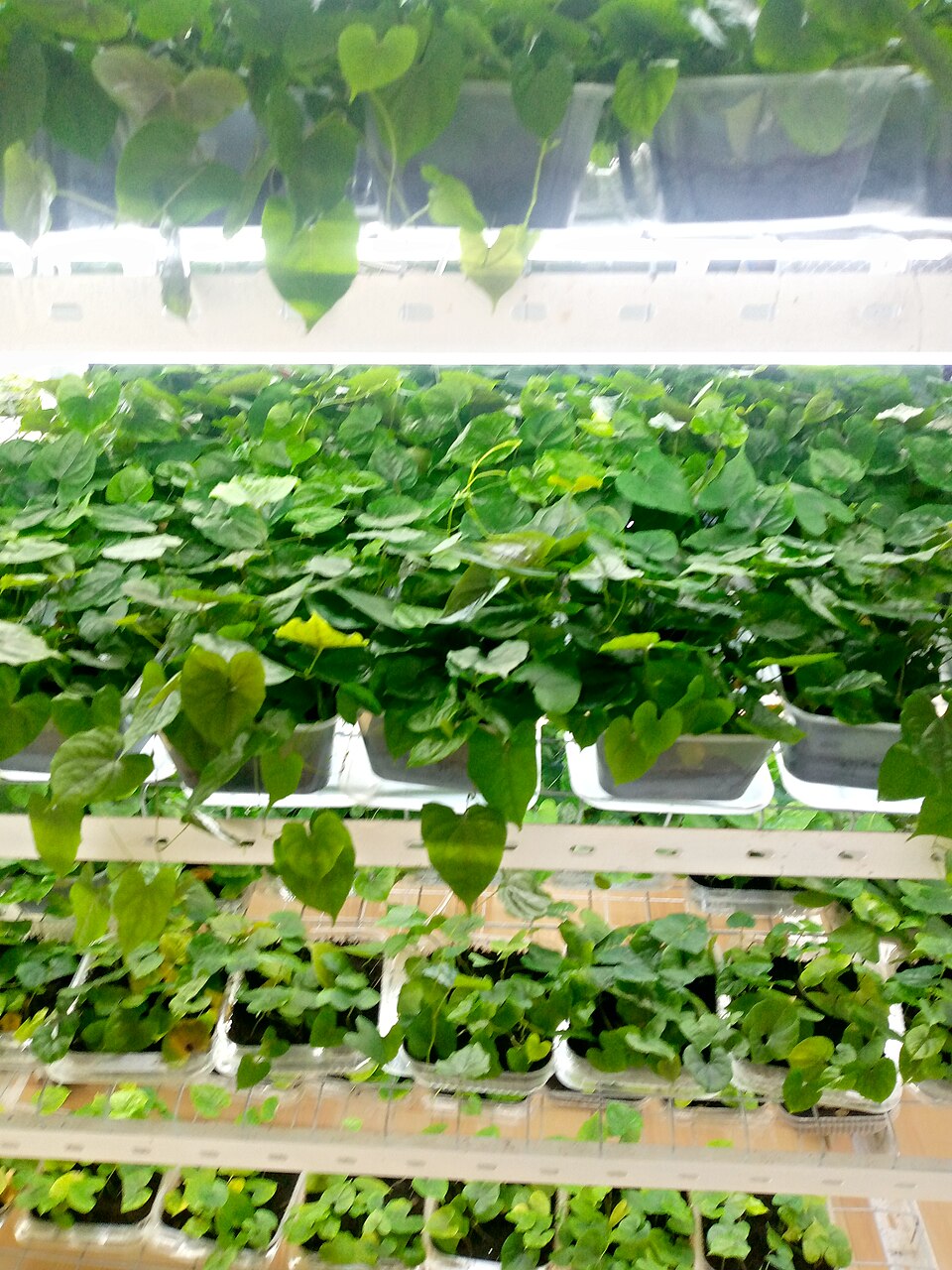
Farm water utilization refers to the effective collection, management, and application of water resources on a farm to support agricultural activities, livestock production, and household needs. Water is one of the most critical inputs in farming, and its proper use determines crop yields, soil health, and the overall sustainability of agricultural systems.
The process involves harnessing available water sources such as rainfall, rivers, streams, ponds, boreholes, and groundwater, and applying them efficiently to meet farm requirements. This may include irrigation for crops, watering of animals, aquaculture, and even small-scale agro-processing. Efficient utilization goes beyond just access; it emphasizes conservation, distribution, and the prevention of wastage.
Key practices include:
-
Rainwater harvesting through tanks, dams, or contour bunds to store water for dry seasons.
-
Irrigation methods such as drip or sprinkler systems that deliver water directly to plants with minimal loss.
-
Soil and water conservation techniques like mulching, terracing, and cover cropping to retain soil moisture.
-
Water recycling and re-use, for example, using wastewater for non-sensitive crops after proper treatment.
By utilizing farm water wisely, farmers can enhance productivity, ensure resilience against drought, and promote sustainable agricultural development. Proper management also safeguards natural ecosystems by reducing runoff, erosion, and contamination of water bodies.
In short, utilizing farm water means making the best use of every drop to achieve food security, economic growth, and environmental sustainability.
- Teacher: Winnie Vihenda
- Teacher: Richard Yahuma
 Welcome to WINNIE LINET VIHENDA Gnomio site!
Welcome to WINNIE LINET VIHENDA Gnomio site!